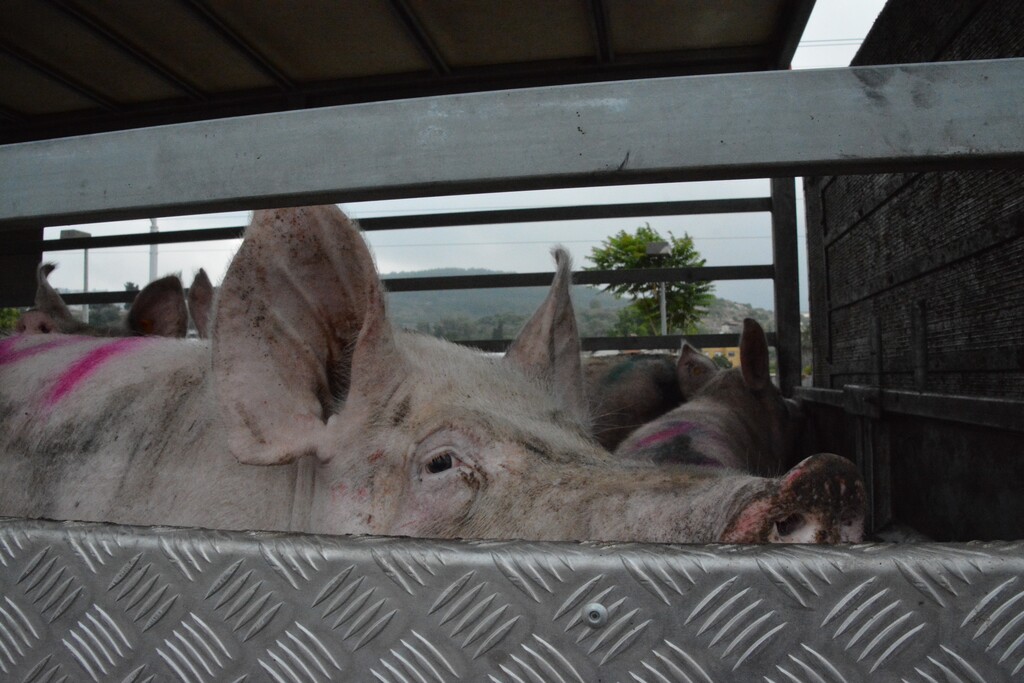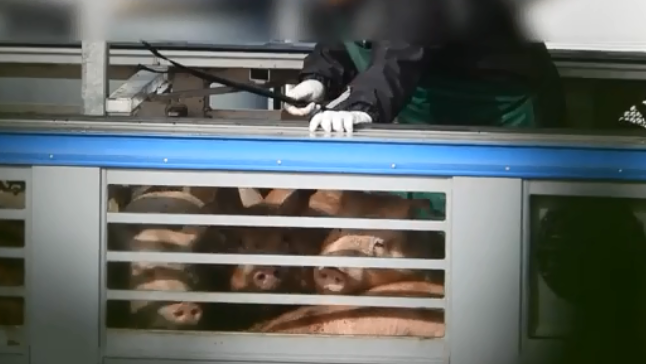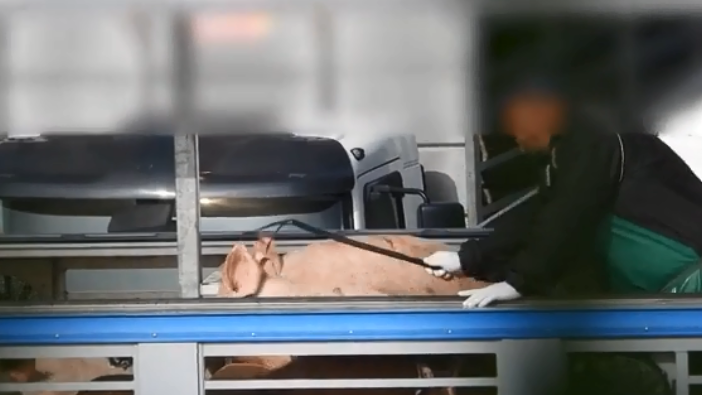Getting your Trinity Audio player ready...
Israel’s hog breeding industry is responsible for far more pollutants and is a greater threat to the environment than even the plastic industry, an animal rights NGO claims.
“There is growing talk of environmental damages,” said Roee Shpernik, CEO and founder of the "Glass Walls" animal advocacy association, during a discussion of the Knesset Education Committee dealing with the treatment of pigs bred in Israel.
“The pig industry is responsible for 60 time more pollutants than plastic disposables,” Shpernik said.
The Glass Walls chief's claims come less than two months after the Glasgow climate summit - in which several dozens countries, including Israel, vowed to combat global warming and the mounting environmental damages caused by methane emissions as well as the large amounts of plastic waste around the globe.
In his speech, Shpernik referred to the the alleged torture that pigs in Israel are submitted to, in part due to the country’s lack of veterinarians specializing in the wellbeing of bovines.
“I have seen countless pigs simply left to die… In some cases they take the pig and smash its head on the ground. As a human being, to see such a thing is nothing less than horrifying,” he added.
Committee chair, MK Sharren Haskel, echoed Shpernik's sentiment.
“The food industry in Israel is an industry that simply abuses animals. Any practices that include the torture of any animals should be banned, outright," said Haskel.
Dr. Dganit Ben Dov from the Agriculture Ministry, said: "Pigs are one of the farm animals that suffer the most."
“This is an industry that has advanced greatly in the last two years; there is currently no professional in the veterinary service whose expertise is pigs, so it is very difficult to bring the industry from the 20th century to the 21st century,’ Ben Dov explained.
Environmental Protection Ministry representative, Gili Davidson, added: "The consumption of animals should be reduced from all aspects - environmental aspects and animal welfare."
While certain reforms have been implemented in 2015 to improve the treatment of pigs held in captivity for agricultural purposes, they still allow certain questionable practices such as cutting the pigs’ tails and tusks, as well as unsupervised neutering.
First published: 18:20, 11.24.21




